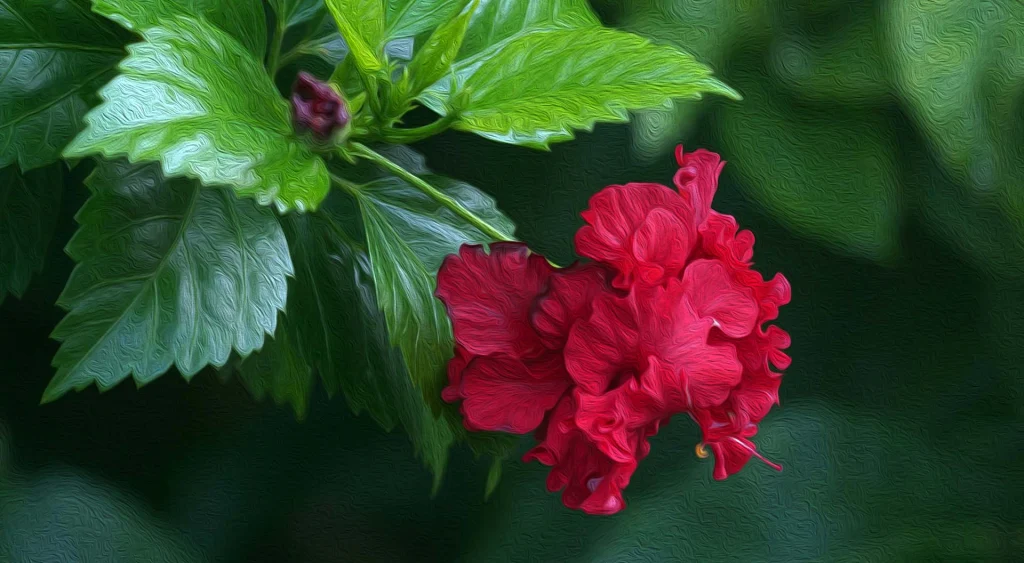Sometimes when someone is punished and exiled, one falls in love with the very place one is sent to for punishment. This was so for Bai Juyi (772 – 846), who was banished from the capital of Chang’an for an indiscretion and sent south of the Yangtze River to what is generally called Jiangnan, 江南, literally south of the Yangtze River. More specifically, Hangzhou, the southern end of China’s Grand Canal. There he served as governor.
Years later he wrote this reminiscence in retirement near Luoyang.

江南好,
风景旧曾谙;
日出江花红胜火,
春来江水绿如蓝.
能不忆江南樂天
Lovely Jiangnan,
Whose scenes I adored.
At dawn, her river flowers were fiery red,
In spring, her river water was indigo blue,
Can you not recall Jiangnan?Bai Juyi, ca. 832
Jiāngnán Hǎo,
Fēngjǐng jiù céng ān
Rì chū jiāng huāhóng shèng huǒ,
chūnlái jiāngshuǐ lǜ rú lán.
Néng bù yì jiāngnánBái Jūyì
Can You Remember When, 832
If I am dating this poem, I would suggest after 832, when Bai Juyi quit public life and retired to an unused part of the Xiangshan Monastery, and the Longmen Grottoes, near Luoyang.
It is interesting, at least to me, that Bai Juyi uses the colors Red and Blue in his poem. Hot and cold, opposites on the color wheel, and the circle of life. In the Buddhist faith, it is believed that meditation on the color blue can turn one’s fiery anger into wisdom. This is perhaps more that what Bai Juyi envisioned, but it is still a nice thought to anyone who as stated out at the blue sky or the blue waters of a lake or the ocean.
Notes on Translation
Jiangnan, refers to south of the Yangtze River. It is a geographical designation much like when Americans say North, South, East, and West. Like the Mason-Dixon Line, the Yangtze separated the cold North from the more temperate climate of China.
Jiāngnán Hǎo, 江南好. Hǎo has meaning meanings including hello, fine, and nice. Thus, one could translate this as “Hello Jiangnan,” or as I have chose “Lovely Jiangnan.” I suppose if one wants to be more effusive, one could say, “I love Jiangnan!”
The Qiantang River flows through Hangzhou. Along its river banks the flowers bloom in great profusion. I immediately think of the red hibiscus, but this is a summer to fall blooming plant.
Lán, 蓝. The wild indigo plant with its blue blossoms blooms in early spring. It is a common site here on the Kansas prairies as in southern China.
Néng bù yì, 能不忆. I think the sense of this phrase is to “bring to mind” the Bai Juyi’s images of lovely Jiangnan.











